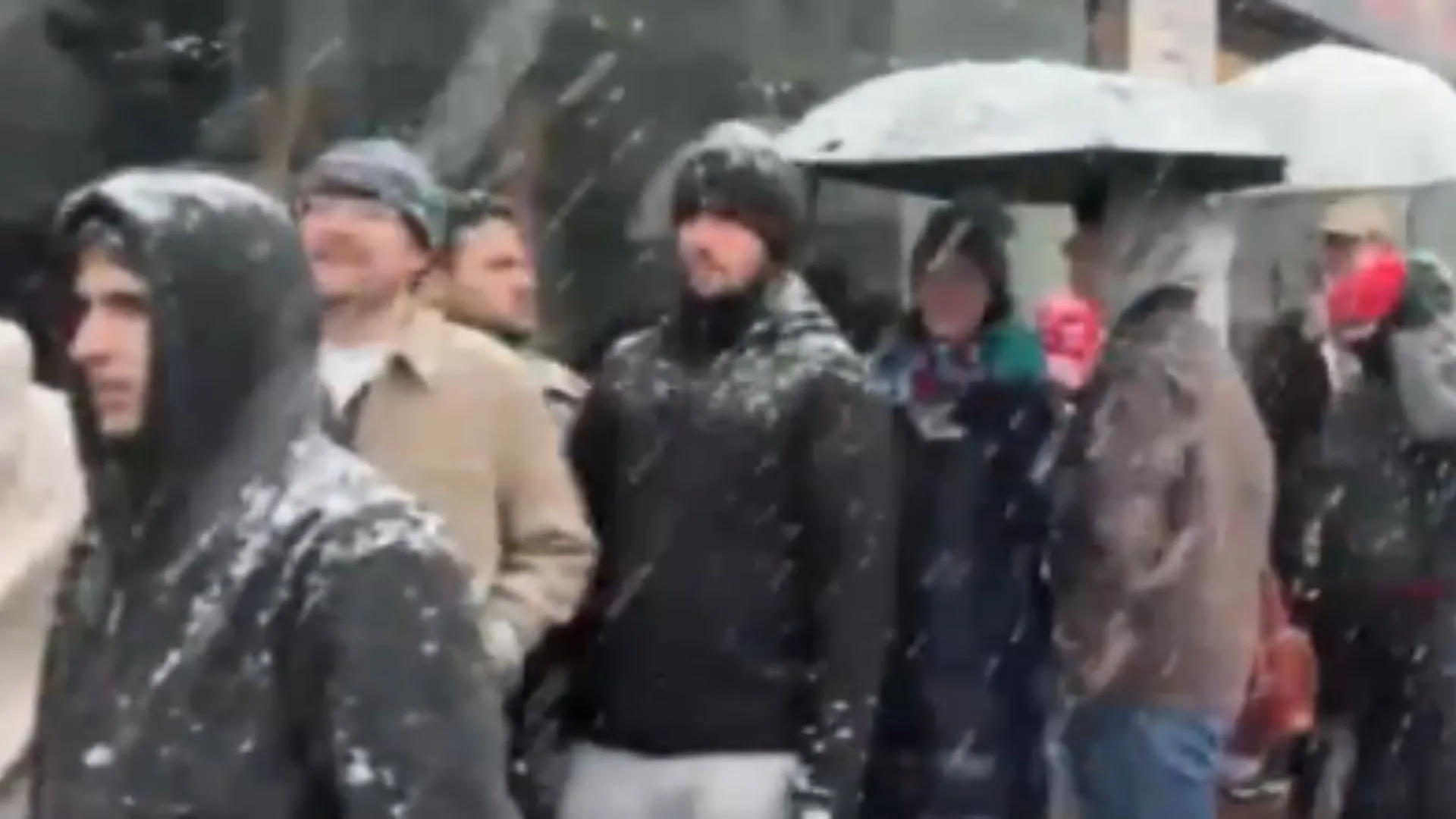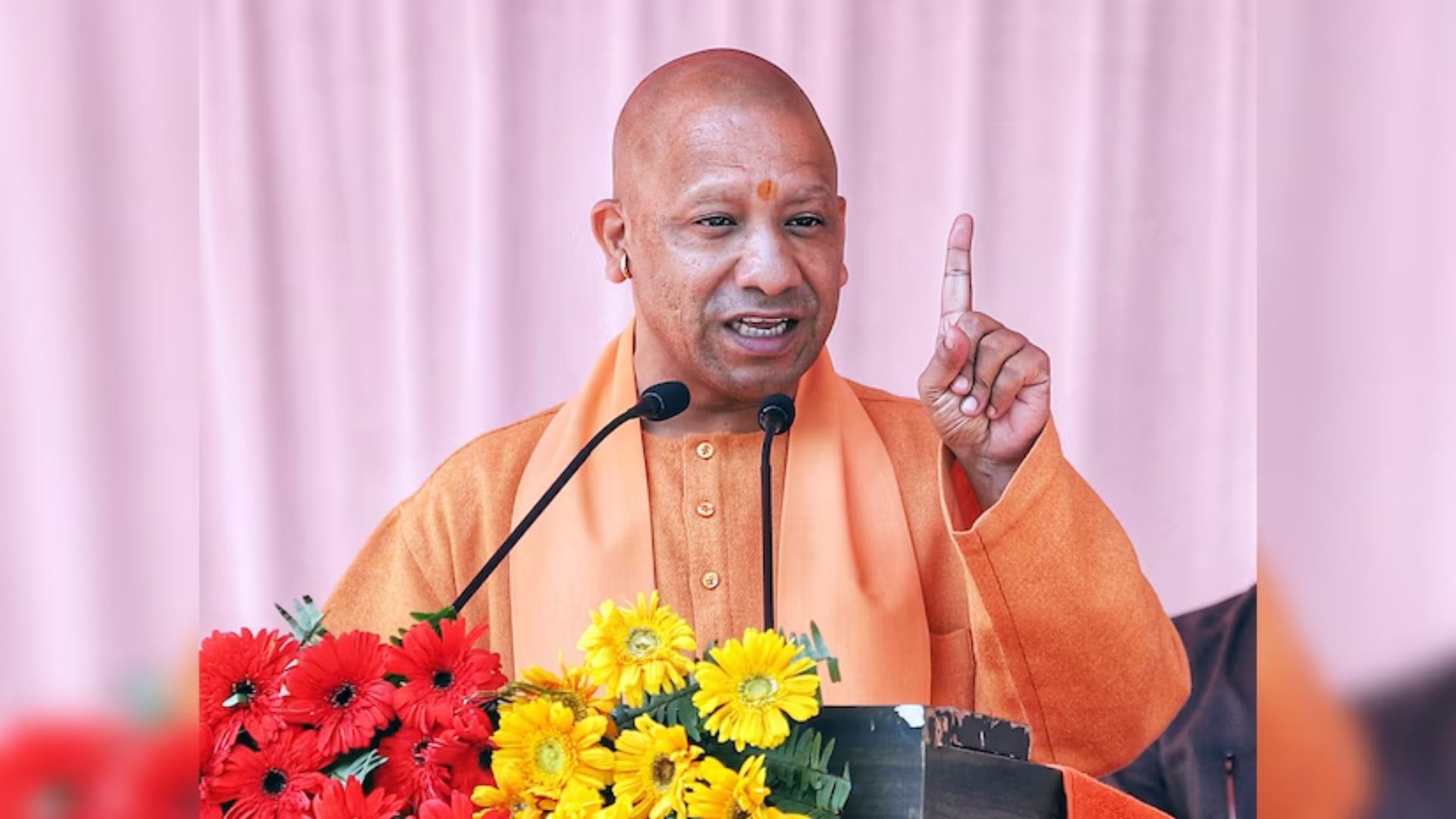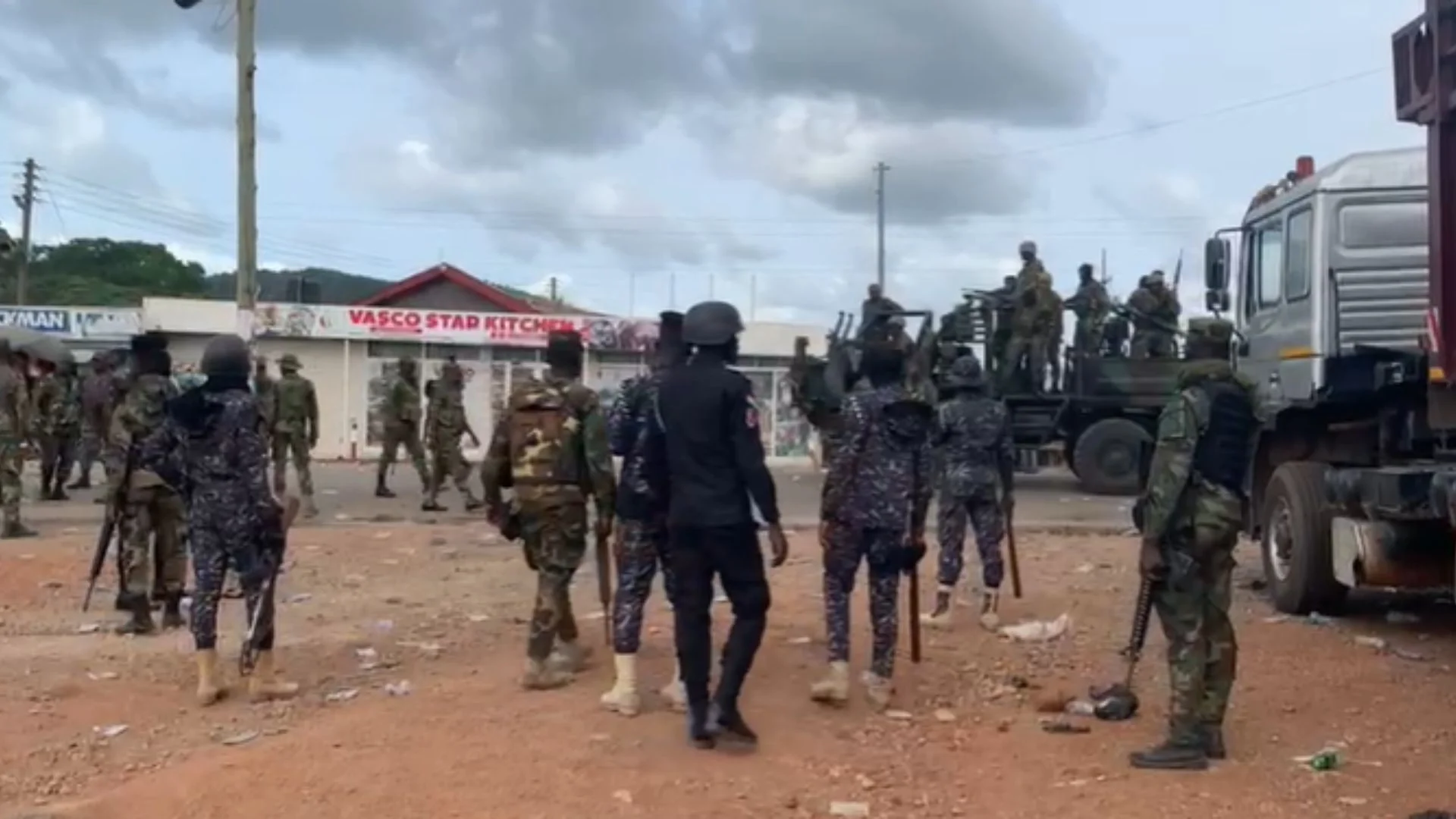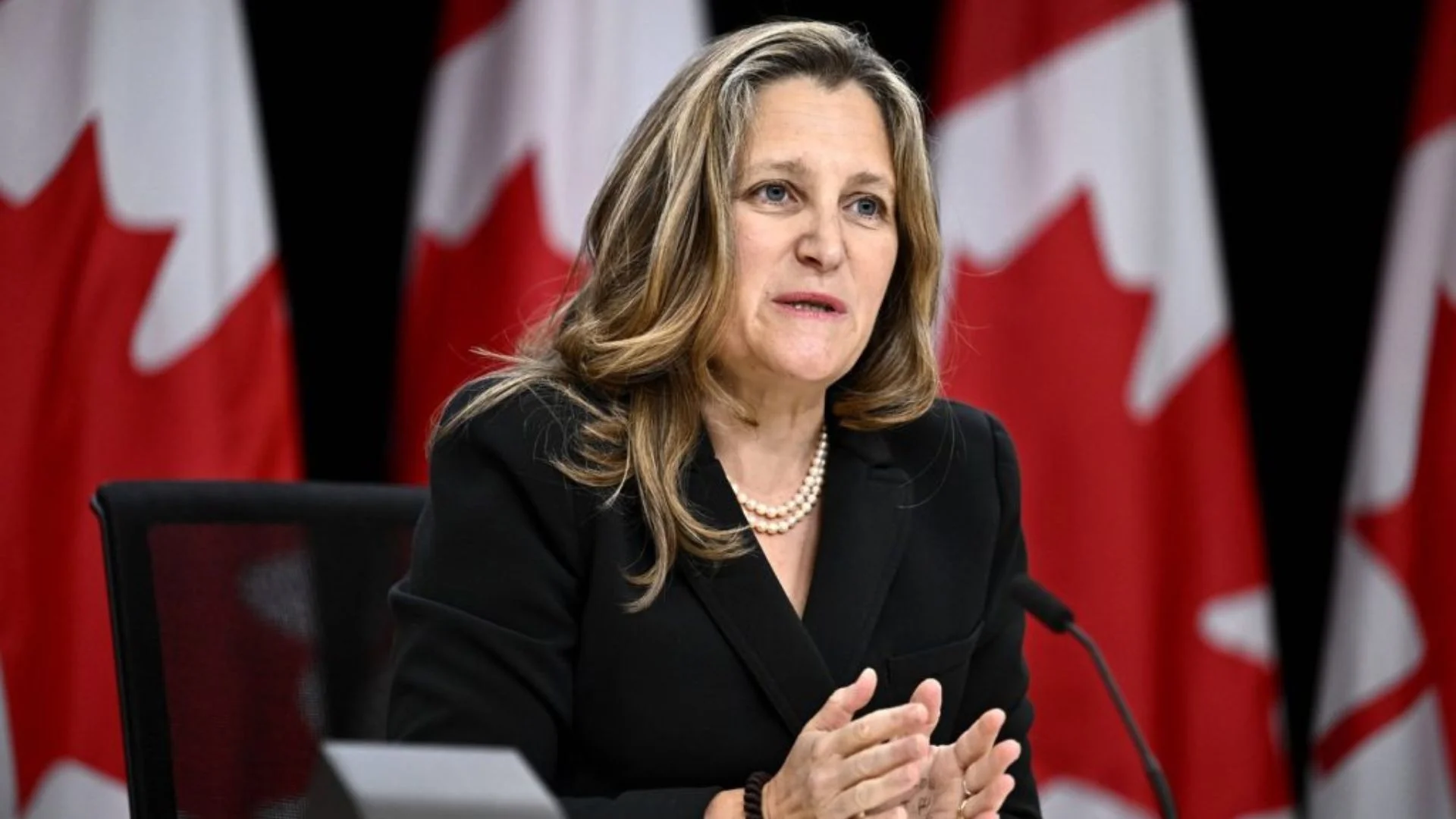Dr Juncal Fernandez-Garayzabal, program manager at the counter extremism project and co-founder of Parallel Networks (PN), a non-profit organisation dedicated to combating polarisation, hate, and extremism, blamed the teachings from Saudi Arabia and Pakistan for the emergence of radical sentiments in the Maldives.
In the newest episode of ‘Plain Talk: South Asia’, European Foundation for South Asian Studies (EFSAS) welcomed Garayzabal to discuss the challenges linked to terrorism and radicalisation in the Maldives. She outlined that the emergence of radical sentiments is heavily influenced by teachings from Saudi Arabia and Pakistan, where many Maldivians went to receive Islamic education.
Garayzabal initially highlighted that terrorism in the Maldives is not a new phenomenon. The election of the first democratic government in 2008 influenced Maldivian society in various ways, including by creating a growing space for religious expression, which allowed for the emergence of more radical voices in the public sphere.
After 2013, Maldives emerged as the country with the highest per capita rate of foreign fighters (FFs) joining the Islamic State in Iraq and Syria (ISIS).
Currently, 1,400 Maldivians are believed to be willing to die for their religious ideology. She outlined that the emergence of radical sentiments is heavily influenced by teachings from Saudi Arabia and Pakistan, where many Maldivians went to receive Islamic education.
Her research has developed through collaboration with institutions like Georgetown University, Comillas ICADE (Madrid), the Hague Centre for Strategic Studies, and UNICEF.
Garayzabal noted that there was no evidence to suggest that these students received military training, however some Maldivians were involved in terrorist attacks in South Asia, most notably the attacks in 2008 in Mumbai, India.
In addition to the influence these teachings had on driving radicalisation, she also emphasised the role of socio-economic factors, including the growth of the tourist sector, which heightened the presence of Westerners with more liberal social norms in a still largely conservative Maldivian society.
The tourism industry has exacerbated income inequalities and made the Maldives more expensive for locals, including in the capital of Male, which has become severely overcrowded.
Access to public services also remains limited, making radical ideologies more appealing as a response to extant socio-economic challenges.
The role of Maldivians in global terrorist networks became apparent in 2007 and 2008, when Maldivian citizens were involved in the Mumbai attack in 2008.
Garayzabal highlighted that while the high per capita numbers must be a cause of concern, the total number of foreign fighters originating from the country remains very low. By 2015, it was estimated that only 80 Maldivians had successfully managed to join ISIS. The limited international awareness toward domestic developments in the Maldives and the scarce involvement of Maldivians in international attacks have contributed to a lack of international awareness regarding the challenges of Maldivian radicalisation.
However, she discussed, this does not mean that radical sentiments in the Maldives cannot become a more pronounced issue in the future.
Garayzabal also highlighted that the reintegration of foreign fighters creates multi-faceted issues for government bodies. There are security considerations (do returnees pose a risk?), moral considerations (do they deserve a second chance? Who decides if they do?), and the role of children (how can they be helped, especially in terms of their psychological trauma?) that shape reintegration and rehabilitation policies.
She contended that while some people did not show remorse for their activities, many others did, and that expressing remorse takes time and patience. Not giving them the opportunity to amend their ways and reintegrate into society would be a mistake.
Dr Garayzabal argued that building legal evidence for convictions is often difficult and more efforts need to focus on building adequate and efficient rehabilitation programs for returnees.
Moving on to the role of China in the country, she suggested that it seems that China does, at least, not play an overt role in politics. However, the Maldives’ strategic position between Asian and African markets makes investments attractive for China, especially in the infrastructure sector.
China’s growing presence may intensify ongoing developments (resource centralization, over-crowdedness of Male, and limited public service availability).
















